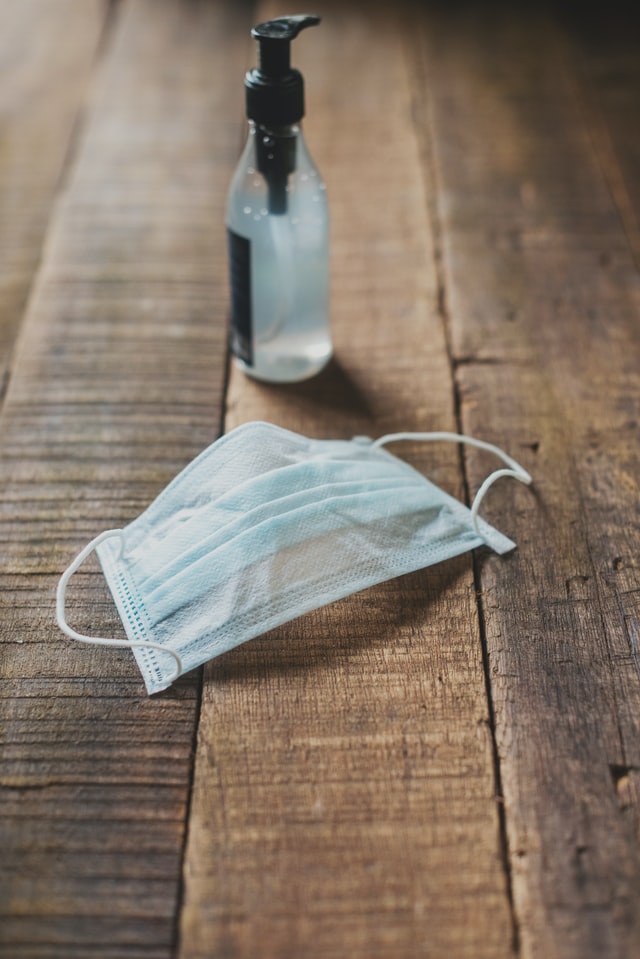 Las Vegas Market Watch
Las Vegas Market Watch
TIPS FOR CLEANING YOUR FACE MASK
TIPS FOR CLEANING YOUR FACE MASK

In an age of misinformation, something as simple as cleaning a cloth face mask can become a little confusing. What should you use to clean it? How should you clean it and how often.
Below are some simple suggestions on how to help you accomplish this task.
How Often Should You Wash Your Face Mask? Cloth masks need to be cleaned very regularly - as in, almost everytime they're worn. While taking a solo walk to the mailbox might not qualify, any activity that brings you out in public or around other people should be cause enough to wash it. If your mask has antimicrobial properties, it requires less frequent cleaning. two to thre times a week should work.
Hand-Washing Your Mask: Your machine is not the only way to clean a mask. In fact, while it might not be the most convenient, the experts agree: Hand-washing your homemade DIY mask is best. Although machine washing is simple for one simple reason: It helps your mask last longer. Ideally, masks should be hand-washed wth detergent. Scrub them under warm water to thoroughly lather the the degerent. Be sure to remove any filter from the bag before washing it, and don't worry about making the water as hot as possible. Although hot water does help to kill the microbes, using detergent to wash your mask thoroughly is sufficient.
Mchine-Washing Your Mask: Only Maching-Wash basic Cotton masks: If your mask has any sort of nose peice or component other than a piece of cotton fabric and elastic ear bands, do yourself a favor and keep it our of the washing maching. If there's a nose piece in the mask, laundering will inceas the chances for it to become dislodged or poke through the fabric. Use a laundry bag: Since even the simplist of cotton masks tend to have some sort of elastic band, it's best to wash them in a protective laundry bag seperately from other clothes. Be careful with bleach and hot water: You might be tempted to crank up the heat (or Chemicals) when-maching washing your mask - Keep temperature and extra disinfectants to a minimum. Hot water has a tendency to shrink cotton and polyester masks, which may make them unwearable. The same goes for pouring lots of bleach in the batch. Bleach may help disenfect the mask, but it is also hard on fabric and it may also destroy the color patterns or cause yellowing in white masks.
Disposable Medical Grade Masks: You should ideally only wear medical masks once - and if you're going to reuse them, set them aside between uses long enough for the virus to decay.
Drying your Mask: Since the novel corona virus is deactivated by washing it, how you dry your mask is really just a matter of personal preference. Air-dryung it in the sun is a great option, though machine drying works just as well.
The Final Word: The take-home message is the the virus can remain infectious from several hours to a few days on various surfaces including masks. Take a look at how durable your masks appear to be, then develop a cleaning regimen that makes sense - both in terms of your usage and how many people are in the household. Maybe this means buying enough masks so you always have a clean one ready. If you have a lot of masks wearers in your home, get them involved in helping you hand-wash these items every week or few days. The family that cleans together, stays healthy together!

